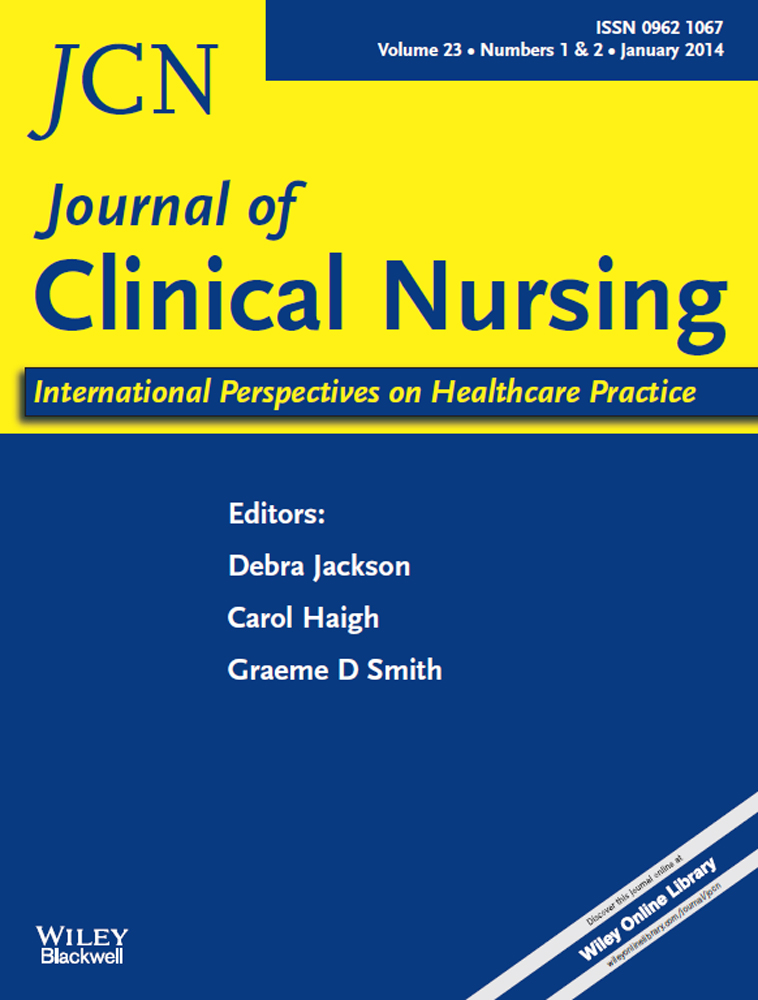Effectiveness of problem-solving technique in caring for family caregivers: a clinical trial study in an urban area of Catalonia (Spain)
Abstract
Aims and objectives
To evaluate the effectiveness of the problem-solving technique in reducing symptoms of anxiety and depression among primary caregivers and to describe and evaluate the process carried out by nurses to find strengths and areas of improvement.
Background
In Spain, home care for the chronically ill patients and their family caregivers should be a priority in health and social policies due to the increase in ageing population and the progressive increase in dependent individuals. One of the areas involved is home-based nursing and counselling for family caregivers.
Design
This is a clinical trial study (during 2007–2011) with a mixed analysis methodology.
Methods
Quantitative analysis was used to evaluate the effectiveness of the problem-solving technique in reducing symptoms of anxiety and depression. The clinical trial involved a control and experimental group and pre–post intervention measurements, using the Goldberg Scale. The practical application of the technique was evaluated by qualitative analysis.
Results
There was a statistically significant improvement in symptoms of anxiety and depression in the intervention group after application of the technique. Positive aspects and resistance factors in its implementation were noted.
Conclusions
The problem-solving technique is a cost-effective intervention for reducing symptoms of anxiety and depression in family caregivers of the chronically ill patients. Positive aspects of the technique were satisfaction of the caregiver and nurse, and work done together based on reflection. Resistance factors identified were difficulty in maintaining written records and subjective perception of a lack of time in everyday practice for its consistent application.
Relevance to clinical practice
The problem-solving technique is an important tool to reduce the suffering of family caregivers of chronically ill patients and a prevention element of family claudication.




